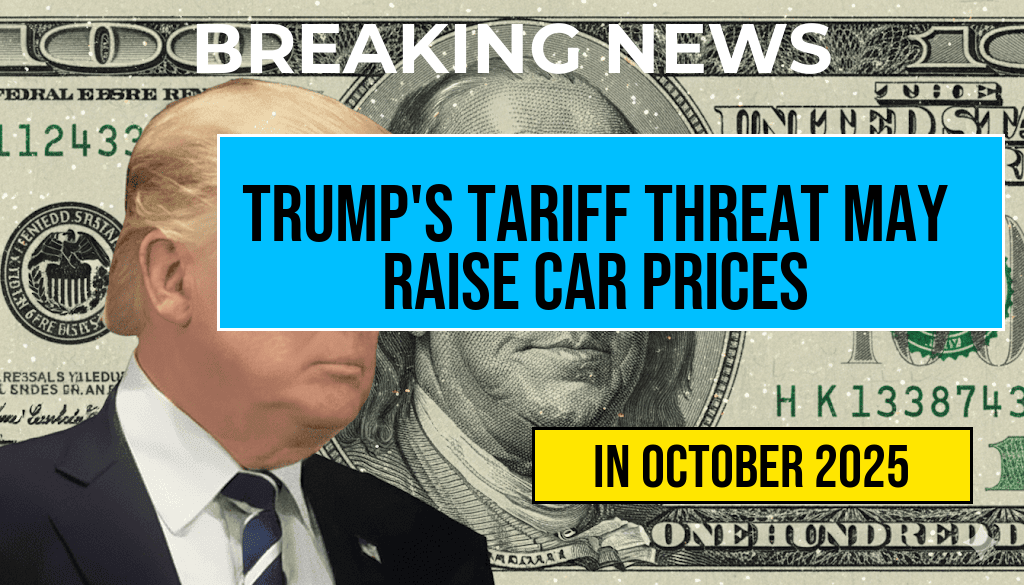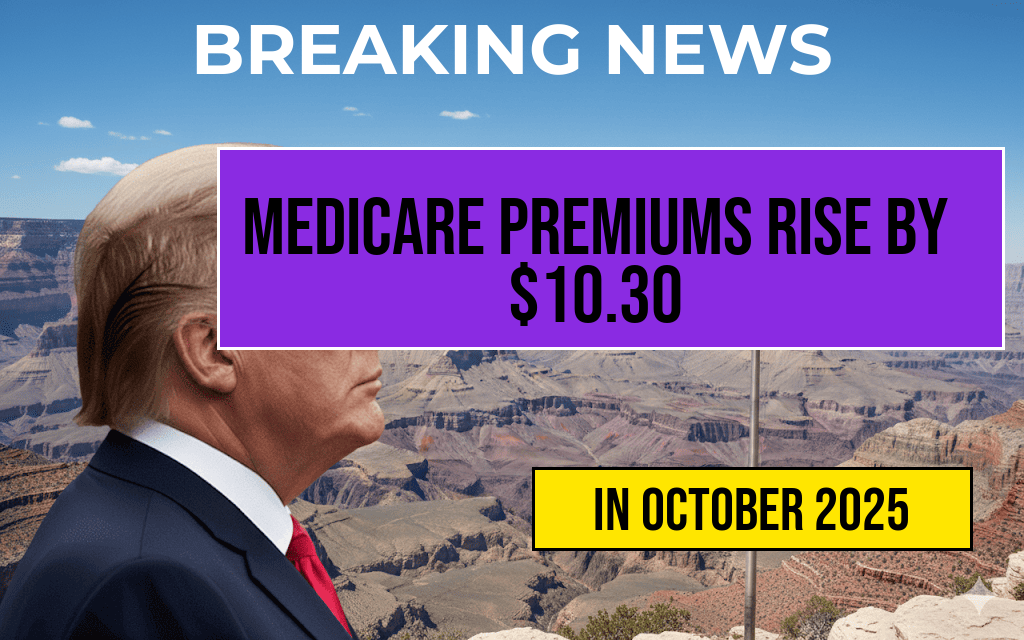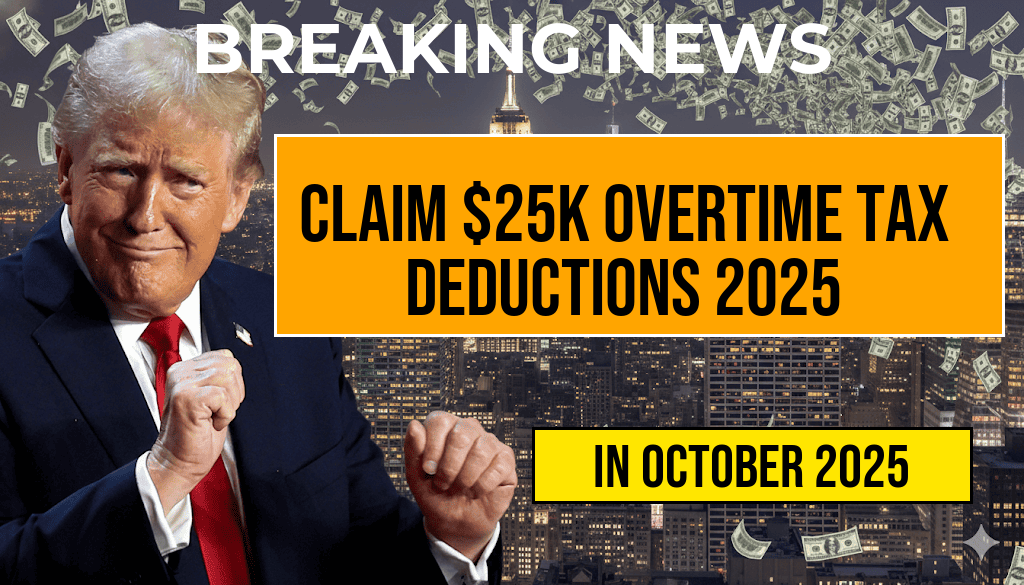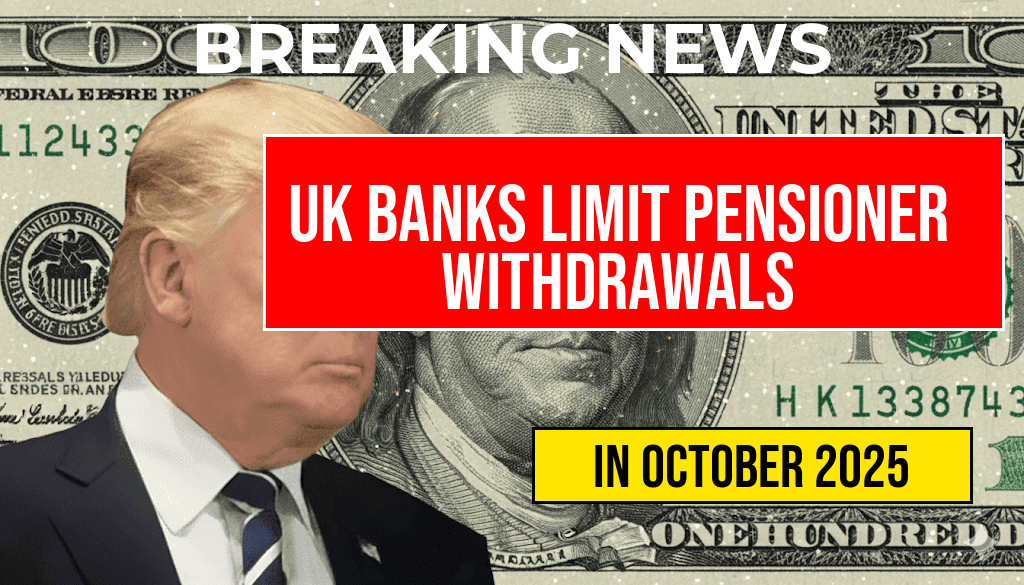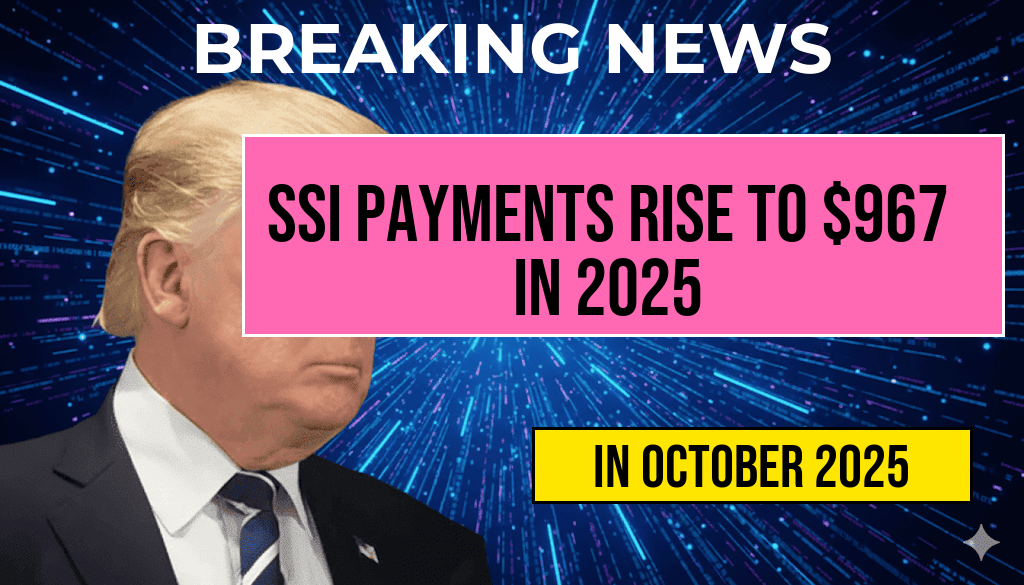Automakers and consumers alike are bracing for potential shifts in vehicle pricing following recent announcements from former President Donald Trump, who threatened to impose new tariffs on imported vehicles and auto parts. If enacted, these tariffs could lead to increases of up to $5,286 per vehicle, significantly impacting the affordability of new cars across the United States. The proposed measures, rooted in trade negotiations and tariffs discussions, threaten to disrupt a market already facing supply chain challenges and rising manufacturing costs. Industry analysts warn that such tariffs could not only inflate prices but also influence vehicle availability, consumer demand, and overall market stability in the coming months.
Background on the Tariff Threat
During a recent rally, Donald Trump reiterated his stance on trade policies, emphasizing the need to protect American manufacturing industries. His administration previously levied tariffs on Chinese goods, steel, and aluminum, aiming to bolster domestic production. The latest threat targets the automotive sector, which heavily relies on imported components and vehicles from countries like Mexico, Canada, and Germany.
The proposed tariffs, if implemented, would impose additional costs on imported vehicles and parts, potentially making foreign-made cars more expensive for U.S. consumers. This move aligns with Trump’s broader agenda of renegotiating trade deals and prioritizing American manufacturing, but it raises concerns among industry stakeholders about the unintended consequences of protectionist policies.
Estimating the Price Impact
How Tariffs Translate to Vehicle Costs
| Vehicle Type | Current Average Price | Estimated Price Increase | Total Potential Cost Increase |
|---|---|---|---|
| Compact Car | $24,000 | $1,200 | $1,200 |
| SUV | $40,000 | $2,100 | $2,100 |
| Luxury Vehicle | $60,000 | $4,186 | $4,186 |
Based on current trade data and tariff proposals, estimates suggest that consumers could see an average increase of $2,500 to $5,286 per vehicle, depending on the model and import reliance. The higher end of this range reflects the impact on luxury and high-end models, which often depend more heavily on imported components.
Industry Response and Market Implications
Automaker Perspectives
Major automakers have expressed concern that new tariffs could complicate supply chains, increase production costs, and ultimately limit consumer choice. The U.S. automotive industry is deeply integrated with global suppliers, and sudden tariff hikes could force manufacturers to pass costs onto consumers or seek alternative sourcing, which may delay vehicle deliveries.
Some industry insiders warn that a tariff-driven price hike could dampen sales, especially amid existing economic uncertainties and rising interest rates. A decline in vehicle affordability might slow market growth and pressure automakers to accelerate shifts toward domestic production and electric vehicle investments.
Consumer Impact
For consumers, the potential increase in vehicle prices could alter purchasing decisions, especially for first-time buyers and fleet operators. According to data from the Federal Reserve, even modest tariff increases can significantly influence the total cost of a vehicle, affecting affordability and financing options.
Additionally, higher vehicle prices may lead to increased interest in used cars or alternative transportation options, further shifting market dynamics.
Broader Economic and Political Context
The threat of tariffs comes amid a complex backdrop of trade negotiations and geopolitical tensions. Policymakers are divided over the potential benefits of protectionist measures versus the risks of inflation and market volatility. Critics argue that such tariffs could trigger retaliatory actions from trading partners, leading to a cycle of escalating trade barriers.
Meanwhile, supporters contend that tariffs serve as leverage to renegotiate trade agreements and protect domestic industries from unfair foreign competition. The outcome of these debates will significantly influence the future landscape of the U.S. automotive market and its pricing structure.
Looking Ahead
As discussions continue, automakers, suppliers, and consumers remain watchful of any formal announcements or policy shifts. The potential for tariff implementation underscores the importance of diversified supply chains and adaptive manufacturing strategies. Industry analysts recommend that consumers stay informed about trade developments and consider timing in their vehicle purchasing plans.
Experts suggest that, while tariffs can provide short-term protective benefits, their long-term impact on vehicle prices and market health warrants cautious consideration. For now, the prospect of a $5,286 increase per vehicle underscores the delicate balance between trade policy and consumer affordability in the automotive sector.
Frequently Asked Questions
What is the main concern regarding Trump’s tariff threat on new cars?
The main concern is that Trump’s tariff threat could lead to an increase in vehicle prices by up to $5,286, making new cars more expensive for consumers.
How might tariffs impact the overall cost of new vehicles?
Tariffs on imported auto parts and vehicles can raise production costs for manufacturers, which may be passed on to consumers, resulting in higher vehicle prices.
Which types of vehicles could be most affected by these tariffs?
Imported luxury cars and economy models that rely heavily on foreign-made parts are likely to see the most significant price increases due to tariffs.
Are there any potential benefits of imposing tariffs on vehicles?
Some argue that tariffs could protect domestic auto manufacturers and auto workers, potentially leading to more jobs and industry growth within the country.
What should consumers consider before purchasing a new vehicle amid tariff threats?
Consumers should stay informed about tariff developments and consider timing, as potential price hikes could influence the cost of new vehicles in the near future.

